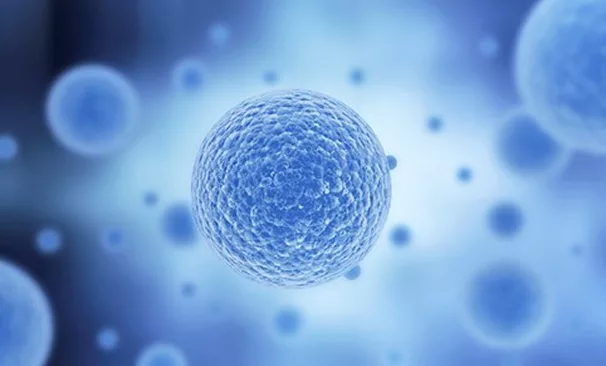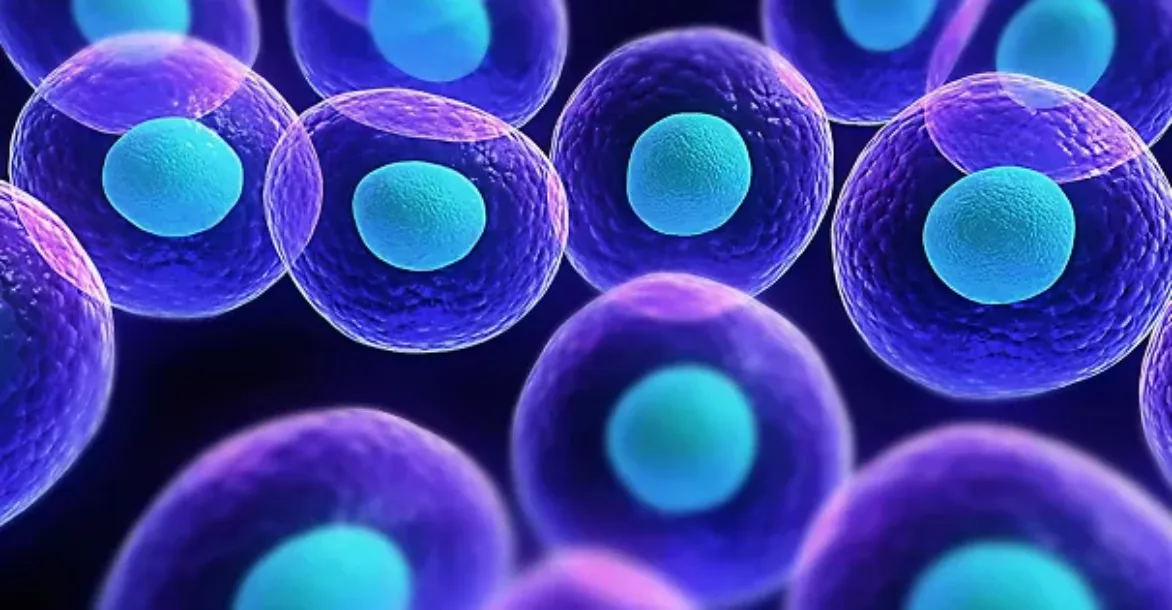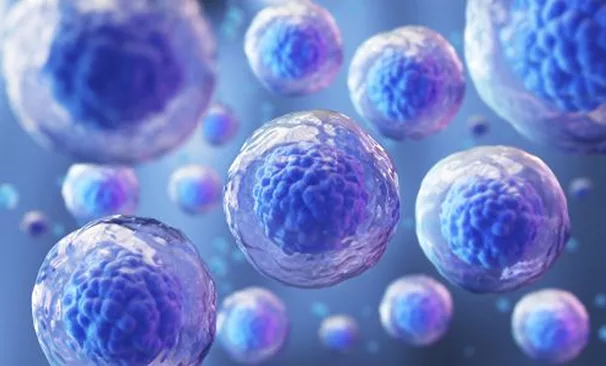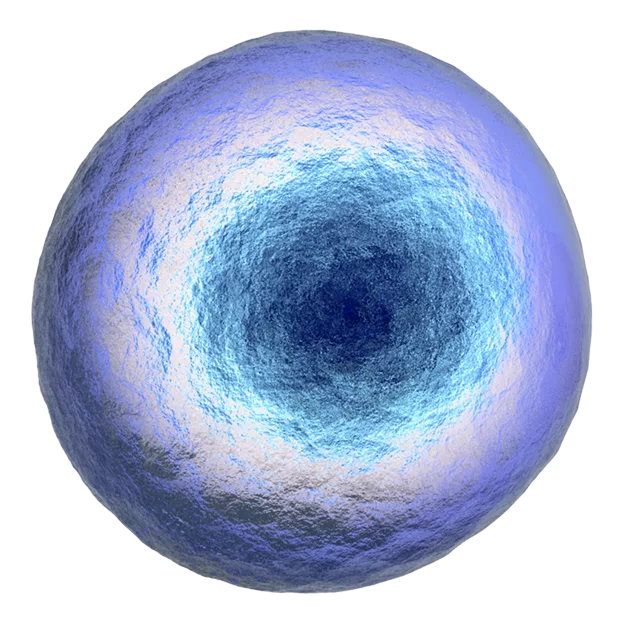Article updated on: May 13, 2025
Here is a clear overview of the diseases treated by stem cells with short explanations.
Neurological Disorders
Stem cell therapy helps protect nerve cells, improve communication between neurons, and reduce brain inflammation. Conditions include:
- Multiple Sclerosis (MS): Restores immune balance and slows disease progression.
- Amyotrophic Lateral Sclerosis (ALS): May protect motor neurons and improve muscle function.
- Parkinson’s Disease: Supports dopamine-producing cells and reduces motor symptoms.
- Alzheimer’s Disease: Aims to reduce inflammation and support memory-related brain regions.
- Stroke Recovery: Stimulates repair of damaged brain tissue and improves mobility.
- Cerebral Palsy: Helps with motor control and cognitive function.
- Traumatic Brain Injury & Spinal Cord Injuries: Encourages nerve regeneration and functional recovery.
Learn more under Neurodegenerative Diseases.
Autoimmune Diseases
Stem cells regulate an overactive immune system, reducing relapses and damage to healthy tissues. Examples include:
- Rheumatoid Arthritis: Decreases joint inflammation and pain.
- Systemic Lupus Erythematosus (SLE): Calms widespread immune attacks on organs.
- Crohn’s Disease & Ulcerative Colitis: Reduces gut inflammation and promotes healing.
- Psoriasis: Improves skin regeneration and immune balance.
- Hashimoto’s Thyroiditis: Stabilizes thyroid function.
- Type 1 Diabetes: Protects pancreatic cells and supports insulin production.
Related treatment: Autoimmune Diseases
Diabetes section: Diabetes
Autism Spectrum Disorder (ASD)
Stem cell therapy for autism may improve communication, behavior, and cognitive development by:
- Reducing brain inflammation
- Lowering oxidative stress
- Supporting neural connectivity
Cardiovascular Diseases
Stem cells repair heart tissue, improve circulation, and restore blood vessel health. Used in:
- Heart Failure: Strengthens weak heart muscle.
- Ischemic Heart Disease: Improves oxygen delivery to tissues.
- Peripheral Artery Disease: Stimulates new blood vessel formation.
- Cardiomyopathy: Reduces scarring and supports healthy heart function.
Metabolic & Endocrine Disorders
By reducing inflammation and supporting hormonal balance, stem cells may help in:
- Type 1 & 2 Diabetes: Improve blood sugar regulation and protect pancreatic cells.
- Polycystic Ovary Syndrome (PCOS): Regulates hormones and supports ovarian health.
- Metabolic Syndrome: Reduces insulin resistance and inflammation.
- Thyroid Disorders: Supports tissue repair and hormone balance.
Orthopedic & Joint Conditions
Stem cells reduce pain and inflammation while regenerating cartilage and soft tissue. Examples include:
- Osteoarthritis: Restores joint cushioning and improves mobility.
- Tendinitis: Speeds tendon healing.
- Ligament & Meniscus Injuries: Supports faster recovery in sports injuries.
- Chronic Back Pain: Regenerates discs and reduces inflammation.
Other Conditions
Stem cell therapy is also being studied for:
- Chronic Kidney Disease: Protects kidney tissue and slows damage.
- COPD (Chronic Obstructive Pulmonary Disease): Reduces lung inflammation and improves breathing.
- Liver Fibrosis & Cirrhosis: Supports liver regeneration.
- Wound Healing & Skin Ulcers: Accelerates repair of damaged skin.
- Cosmetic & Anti-Aging: Stimulates collagen production, reduces wrinkles, and rejuvenates skin.
Summary: The list of diseases treated by stem cell therapy is broad, including neurological, autoimmune, cardiovascular, metabolic, orthopedic, and even cosmetic conditions. By repairing tissues and regulating the immune system, stem cells provide new possibilities for long-term healing and recovery.












